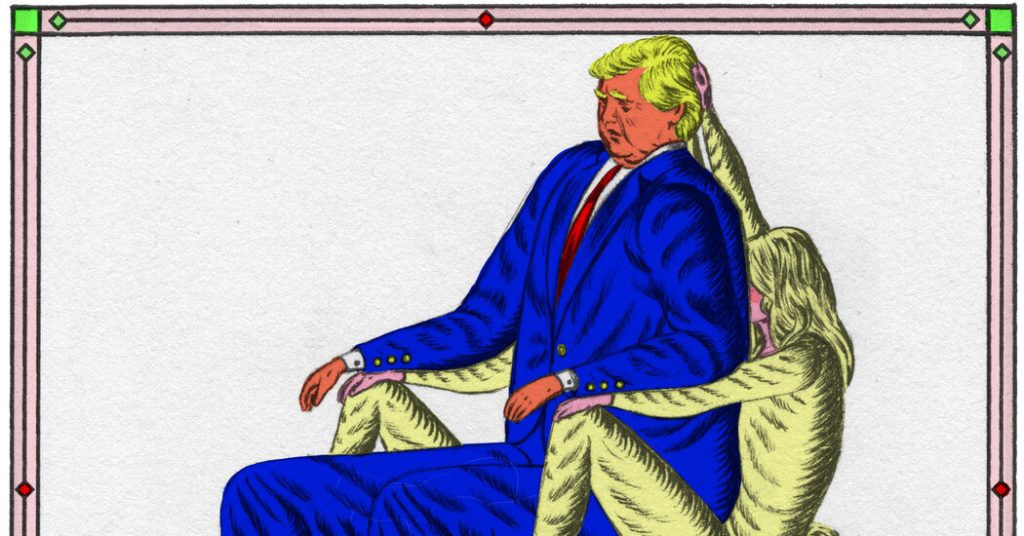The Senate is being called upon to act in line with Alexander Hamilton’s vision of an independent legislative branch, as recently demonstrated by 38 House Republicans who defeated a resolution backed by President Trump. The loyalty and integrity of appointed officials to the Constitution versus the president is being tested, particularly in cases where illegal orders may be given. In the Defense Department, for example, the question arises of whether appointees will follow such orders or uphold their duty to resist them. The potential consequences of such actions could have far-reaching effects throughout the chain of command.
Similar challenges could arise within the intelligence community, an area often viewed with suspicion by President Trump and described as the “deep state.” However, the most at-risk federal departments are law enforcement agencies, particularly the Justice Department. If the president were to order the attorney general to prosecute a member of Congress like Liz Cheney, it raises questions about how the appointees would respond. The ethical choices facing individuals such as the deputy attorney general and other career prosecutors in carrying out potentially politically motivated investigations are significant.
The potential for a crisis within the Justice Department looms large, but it is suggested that the federal judiciary, including Chief Justice John Roberts and the trial courts, are unlikely to tolerate politically motivated prosecutions. The example of district court judges in the District of Columbia handling cases related to the January 6th events serves as a reminder of the judiciary’s commitment to impartiality and its role as a check on executive power. The significance of the judiciary’s life tenure compared to political appointees highlights the importance of independence in upholding the rule of law.
The implications of unchecked loyalty to the president versus fidelity to the Constitution could have a lasting impact on the functioning of government institutions. The potential for a breakdown in the rule of law and erosion of trust in federal agencies is a concern as officials grapple with conflicting loyalties and ethical dilemmas. The decisions made by key appointees and career officials in response to potentially illegal orders could shape the future of democracy and the balance of power between branches of government.
Overall, the call for the Senate to act independently and uphold its constitutional obligations is paramount in the face of a president who may seek to use the power of his office for personal or political gain. The potential for abuse of executive power and the erosion of democratic norms necessitate a vigilant and responsive legislative branch that can act as a check on presidential authority. The need for appointed officials to prioritize loyalty to the Constitution over loyalty to any individual, including the president, underscores the importance of upholding the principles of democracy and the rule of law.








